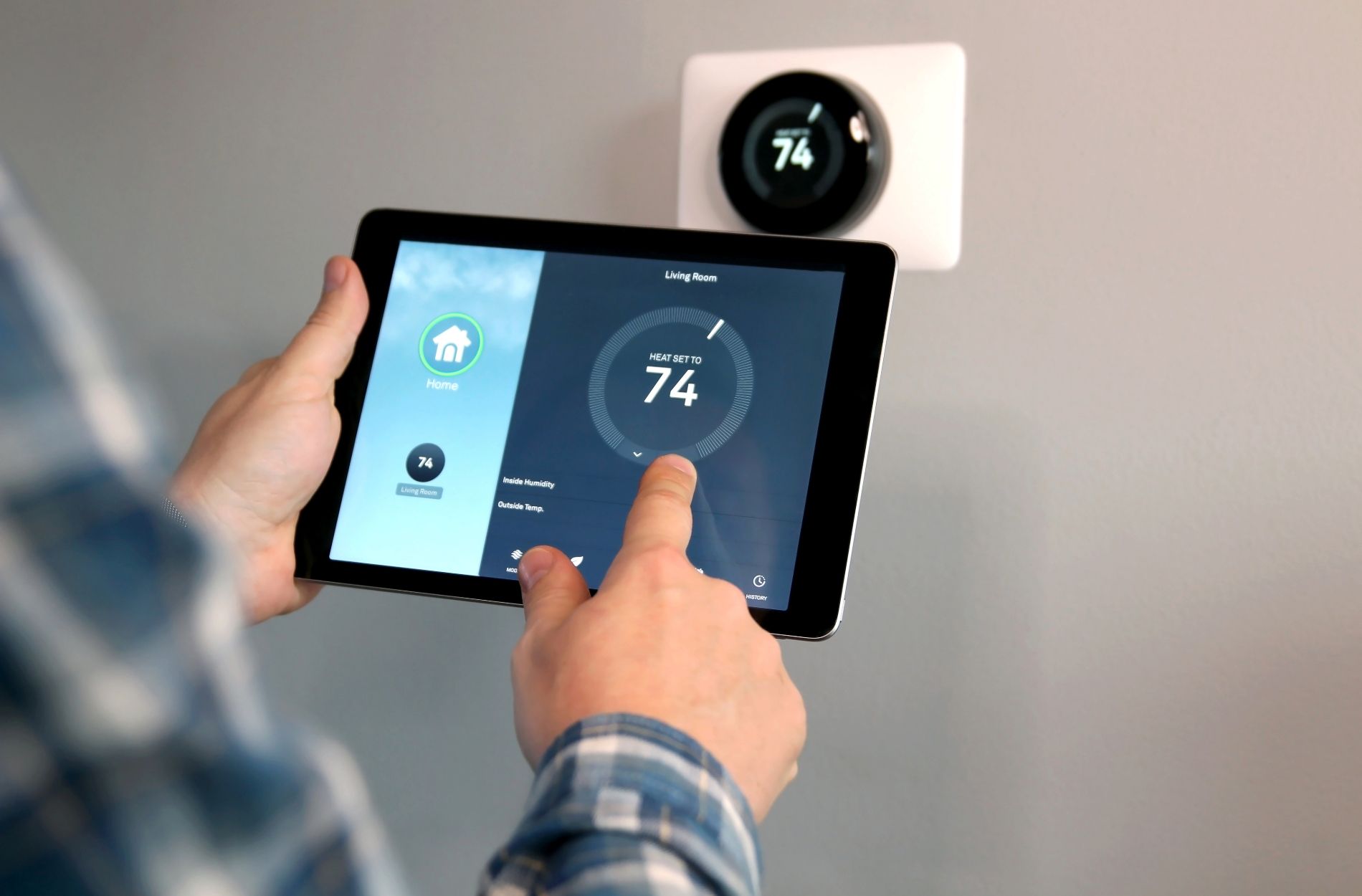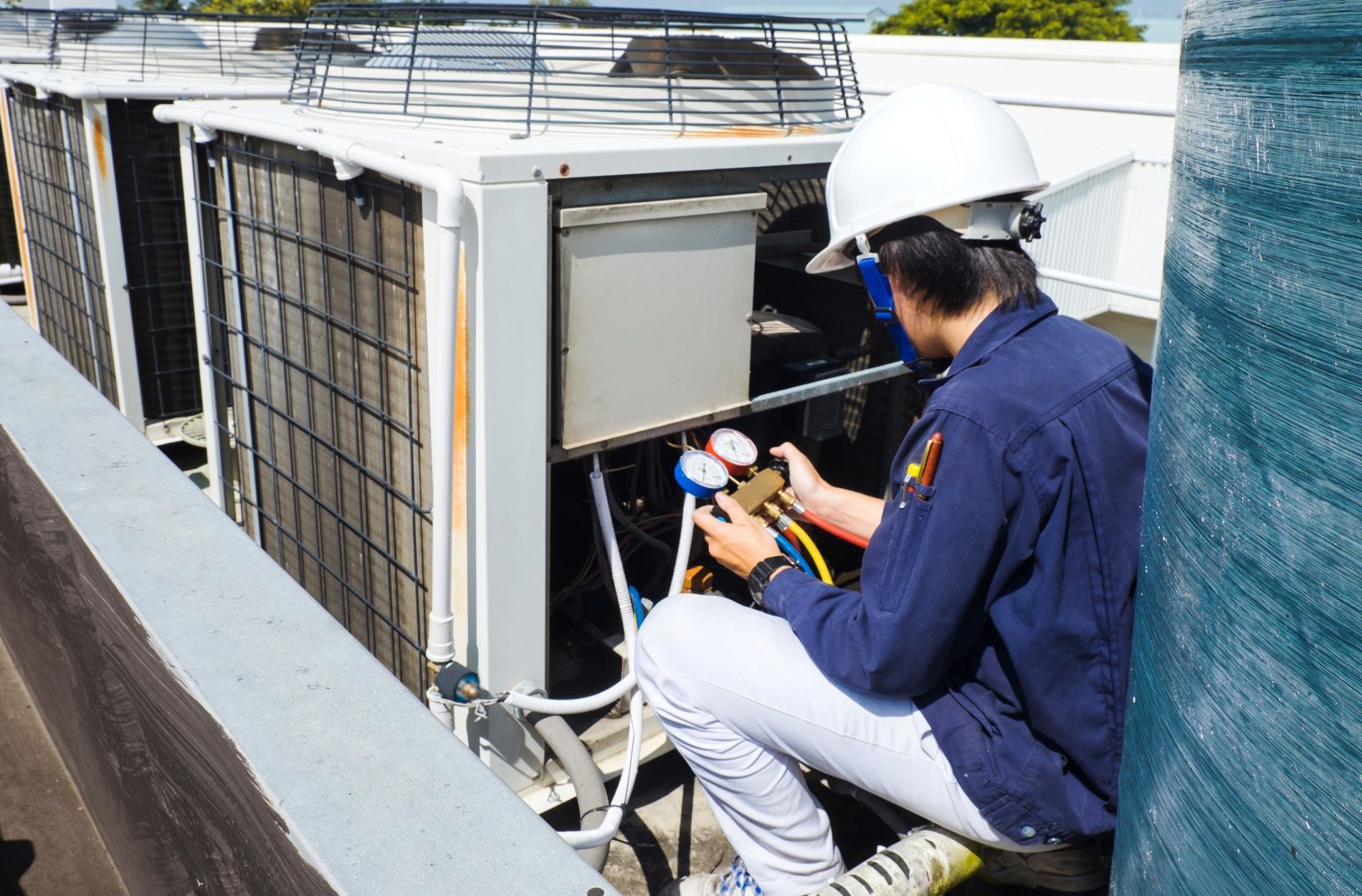A Quick Guide on How to Troubleshoot Common HVAC Issues
An efficient HVAC system keeps your home comfortable year-round, but when things go wrong, it can be uncomfortable and frustrating. Recognizing signs of trouble early on is key to maintaining a smooth-running system. Simple issues are often easy to fix with a bit of know-how, and even complex problems benefit from swift action.
By understanding the basics of troubleshooting your HVAC system, you can identify potential problems before they turn into costly repairs. Performing simple inspections and basic fixes can save both time and money. However, knowing when to call a professional is just as important to ensure your system gets the expert care it needs.
Being proactive about maintenance and tackling small issues quickly can keep your HVAC system running efficiently. With a few simple tips, you can become more confident in dealing with common HVAC problems and maintaining comfort in your home every season.
Identifying Basic HVAC Problems
Spotting problems early in your HVAC system can prevent big headaches later. Understanding common symptoms helps you identify issues before they escalate. One typical symptom is unusual noises. Clunking or grinding sounds often indicate mechanical problems, while hissing noises might suggest air leaks. Another warning sign is weak airflow. If your system doesn't provide strong air from the vents, it might have a blockage or a failing blower.
Performing a basic inspection can reveal visible problems. Start by checking around your HVAC unit for leaks or puddles, which may point to a refrigerant issue or a blocked drain line. Look at the external components for dirt or debris buildup, which can restrict airflow and reduce efficiency. Checking inside for obvious signs of wear or damage can also help pinpoint areas that need attention.
Here are simple troubleshooting steps you can do without tools:
- Listen for Unusual Noises: Walk around and note where sounds come from to help identify problem areas.
- Check the Thermostat: Ensure it's set correctly and the batteries are fresh.
- Look for Blocked Vents: Make sure furniture or drapes don't obstruct airflow, affecting room temperature.
By identifying these basic HVAC problems, you can take early action. Simple awareness can help maintain your system's efficiency and extend its life.
DIY HVAC Fixes for Simple Problems
Some HVAC issues have easy fixes you can do yourself, saving time and money. Here's a checklist of straightforward steps to address common problems.
- Reset the Thermostat: Sometimes, simply resetting the thermostat to its default settings can resolve minor glitches.
- Check Breaker Switches: If your system won't turn on, a tripped breaker might be the cause. Flipping the switch back can restore power.
Cleaning or replacing air filters is another simple task. Dirty filters make your system work harder, reducing efficiency and affecting air quality. To clean or replace them:
- Turn off your system for safety.
- Locate the filter compartment.
- Remove the filter and check its condition.
- If it's reusable, wash it with water and let it dry. For disposable filters, replace them with a new one.
To improve performance, clear debris from around outdoor units. Leaves, grass, and other debris can block airflow.
- Ensure the unit has at least two feet of clearance around it.
- Use a garden hose to spray down the coils gently if they're dirty.
These simple DIY fixes can make a significant difference in your HVAC system's performance, ensuring comfort and efficiency with just a little time and effort.
Recognizing When Professional Help Is Needed
While DIY fixes can solve simple HVAC problems, some issues require a professional touch. Knowing when to call experts is crucial for maintaining a safe and efficient system. Look out for these signs that indicate it's time to pick up the phone:
- Foul Odors: If your system emits strange smells, it could be due to mold inside the ducts or burnt-out wiring.
- Frequent System Cycling: When your unit turns on and off too often, it might be struggling with temperature regulation.
- Persistent Noise: Unusual sounds that don't go away mean there could be a serious mechanical issue.
Attempting complex repairs without expertise can be risky. Handling refrigerant leaks without proper equipment can harm both health and the environment. Similarly, fixing motor problems involves complex electrical work, which is dangerous for untrained hands.
When contacting a professional, preparing some information ahead of time ensures efficient service. Note down problem symptoms in detail, such as specific noises, odors, or malfunction timings. Share past repair records to help technicians understand previous issues.
Calling in professional help not only guarantees safety but also ensures your HVAC system runs smoothly and lasts longer.
Tips to Prevent Future HVAC Problems
Preventing future problems with your HVAC system involves regular care and maintenance. Simple habits can keep your system in top condition and avoid sudden breakdowns. Here are some practical tips:
- Schedule Annual Check-Ups: Professional inspections can catch minor issues before they turn major. Technicians can fine-tune your system to keep it running efficiently.
- Set Maintenance Reminders: Routine tasks, like changing filters every 1-3 months, are vital for system health. Use a calendar or phone reminders to keep track.
- Keep a Maintenance Log: Recording repairs and adjustments helps track the system's history. This log is useful for technicians to see patterns or recurring problems.
These preventative measures not only maintain a comfortable home environment but also extend the lifespan of your HVAC system. A well-maintained system operates more efficiently, keeping energy costs down while ensuring your home stays cozy.
Conclusion
Navigating HVAC issues becomes much easier when you know what to look for and how to address common problems. By identifying symptoms early, performing basic troubleshooting, and understanding when professional assistance is necessary, you maintain your system's efficiency and longevity. Simple DIY tasks combined with professional intervention ensure your home remains comfortable throughout the year.
The key to a trouble-free HVAC system lies in regular upkeep and mindful maintenance. Planning ahead prevents emergencies and keeps your system at peak performance. Should you find yourself facing HVAC challenges, Anytime Heating & Air is here to help. Our team is equipped to handle all your heating and cooling needs, providing expert maintenance, repair, and installation services. Reach out to us to keep your home safe and comfortable, season after season with our
HVAC solutions.


